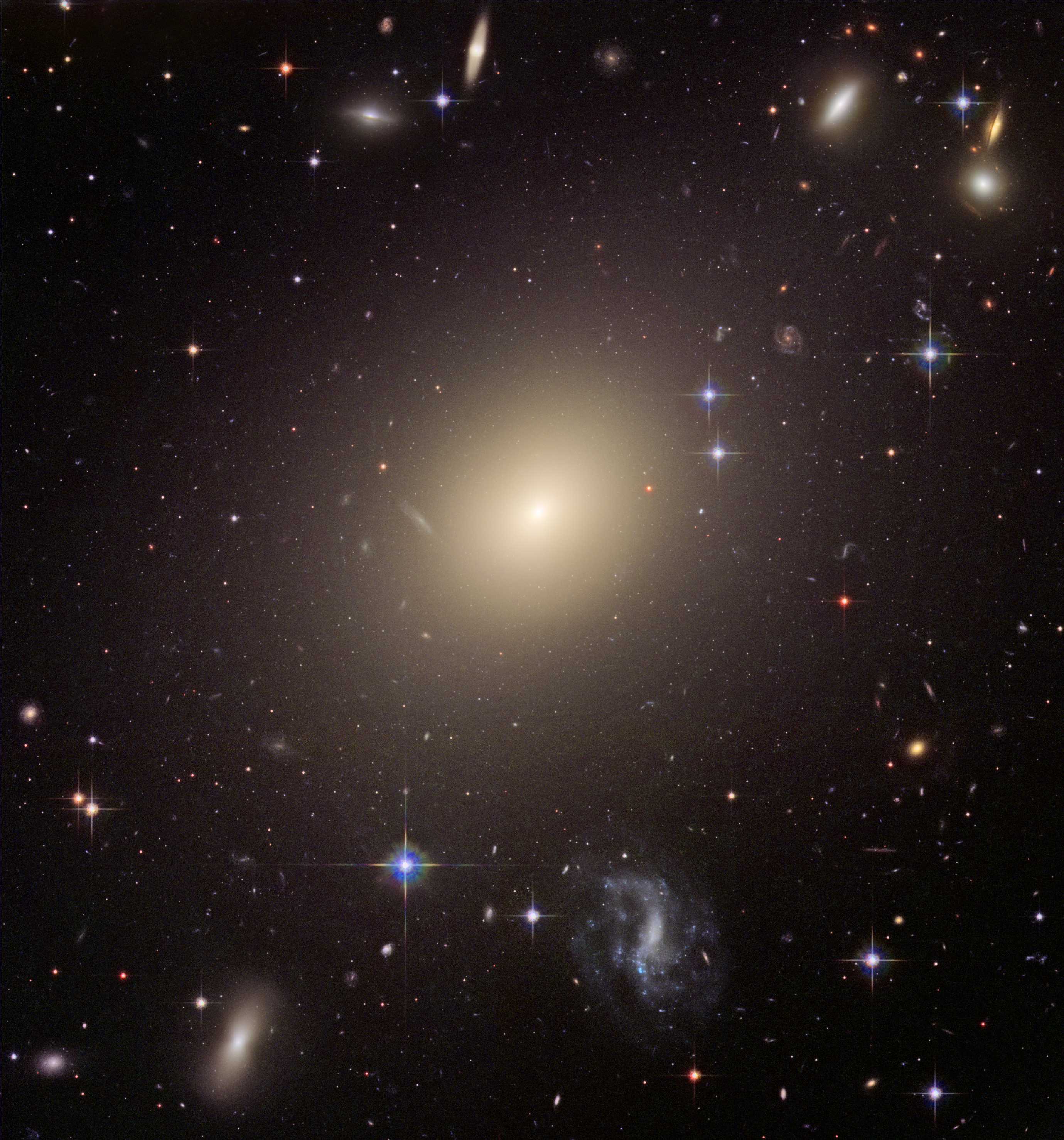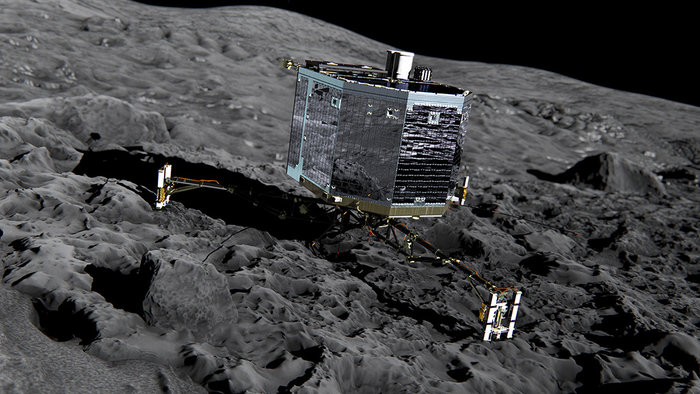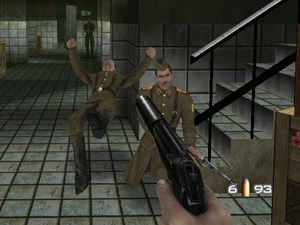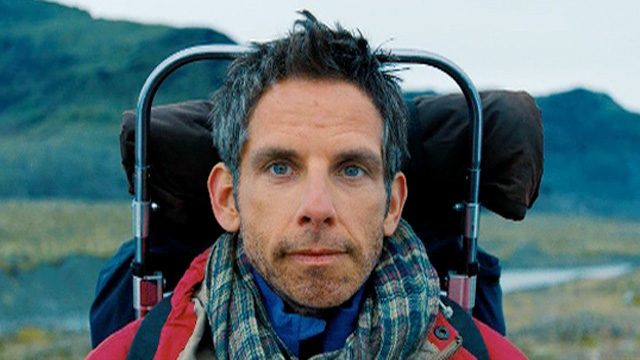It obviously came to a shock in 2006 when scientists decided to re-classify what a planet was. But the logic behind their decision does make some sense. More massive objects have been found in the Solar System along with objects of comparable sizes and shapes. The meeting in 2006 wasn't called to demote Pluto. It was called to decide what the definition of a planet should be. These other objects could have been included and we could realistically today be looking at a Solar System with nearer 15 recognised planets. But the requirement was made such that Pluto and the other smaller bodies were re-classified as Dwarf Planets.
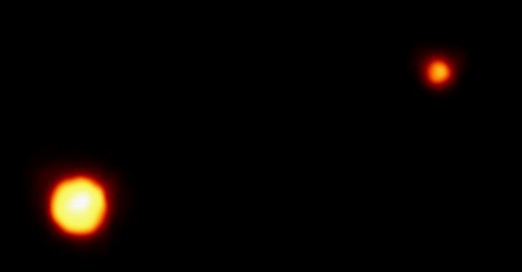 |
| Credit: R. Albrecht (ESA/ESO), NASA. http://apod.nasa.gov/apod/ap990213.html |
Whilst the arguments and classification may not have been wholly accepted, it was at least based on science.
But it seems that there has been a revolution happening. When presented with the arguments, a group of people from the general public voted that Pluto should be reinstated at a meeting at Harvard University last week. It seems that many people disagree with the previous decision and want change!
But the meeting raises some interesting points. A large part of the argument to re-instate Pluto seems to come from a cultural and historical viewpoint. Pluto was considered a planet for 76 years, it seems wrong to suddenly change this. But the best thing about science is it's lack of opinion. Science is based on facts, statistics and logic. It was these tools that were used to change the status of Pluto and it's these tools that should be used for everything in science. When it was discovered that the Earth wasn't the centre of the solar system there was a huge uproar from people who believed it went against their religion, but now we look back at this and laugh (hopefully!).
So it may be that some day the definition of a planet is revisited and perhaps changed. But I just hope that this is due to scientific reasoning and not people feeling sorry for a giant piece of rock in space...
